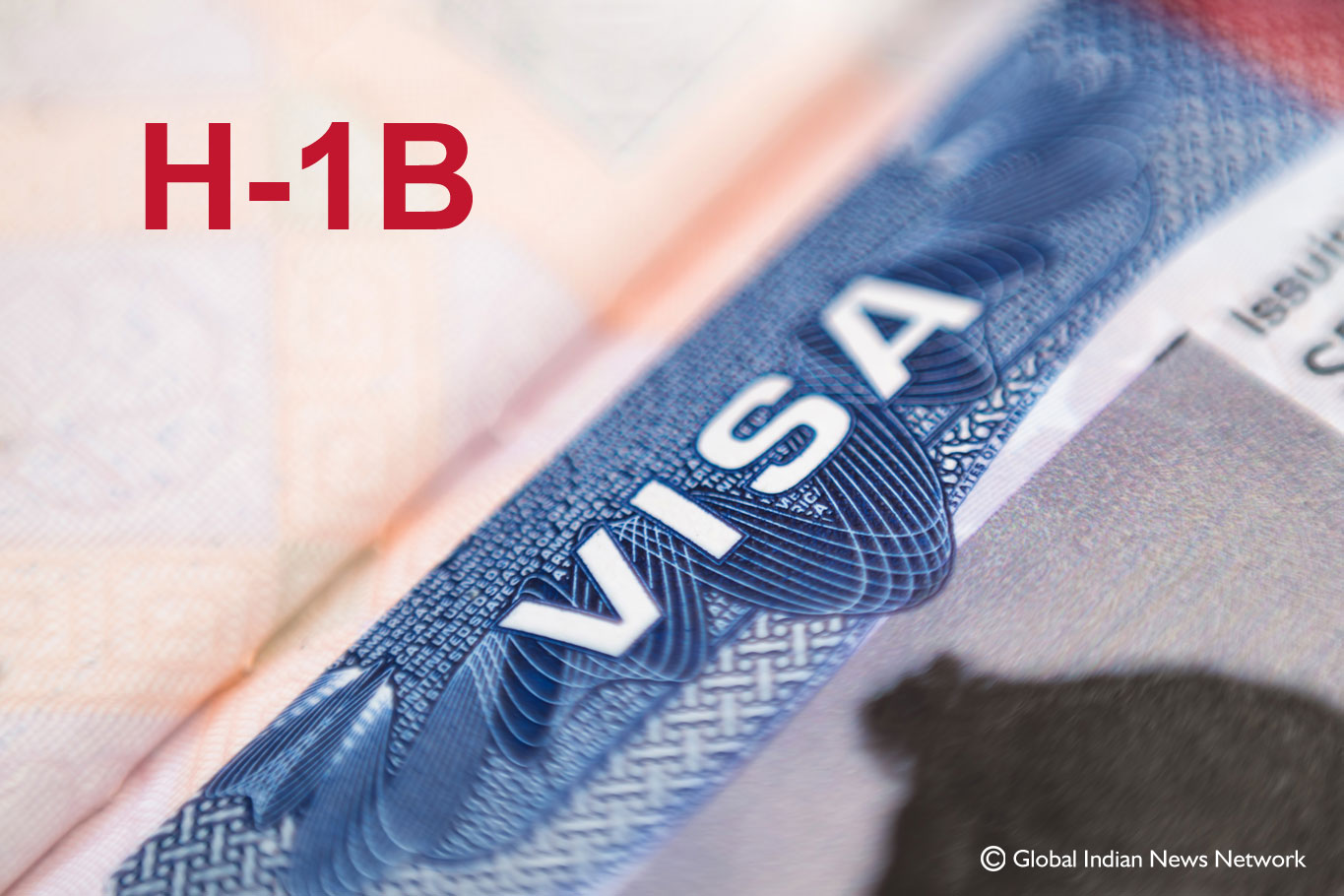 A proposed bill by US lawmaker Raja Krishnamoorthi aims to increase the annual intake of foreign workers on H-1B visas, a popular work permit for Indians seeking opportunities in the US. The bill seeks to raise the current H-1B visa cap from 65,000 to 130,000.
A proposed bill by US lawmaker Raja Krishnamoorthi aims to increase the annual intake of foreign workers on H-1B visas, a popular work permit for Indians seeking opportunities in the US. The bill seeks to raise the current H-1B visa cap from 65,000 to 130,000.
An association called ITServe, which comprises over 2,100 small and mid-size IT companies owned and operated by Indian Americans, has been advocating for this increase. They argue that the shortage of highly skilled workers in the US is affecting their businesses and the country’s overall competitiveness.
Apart from doubling the H-1B visa quota, ITServe also urges lawmakers to invest more in STEM education within the US. This investment is crucial to develop a skilled domestic workforce that can meet the demands of the job market.
The act aims to address the skills gap by providing additional funding for STEM education at elementary and secondary school levels. It also seeks to attract the best talent from around the world by expanding the H-1B visa availability for American employers, particularly in critical technology sectors.
Raja Krishnamoorthi emphasizes the importance of maintaining US leadership in technology and innovation. Vinay Mahajan, the president of ITServe Alliance, stresses that a thriving startup ecosystem and US technological leadership both rely on highly skilled workers.
ITServe represents more than 2,100 US IT companies scattered across 23 states, creating over 175,000 high-skilled job opportunities and contributing $12 billion to the US GDP. They are urging lawmakers to understand the skill gap and the need to rely on skilled immigration to fill it.
Anju Vallabhaneni from Columbus Ohio explains that their main challenge is finding the right talent, which often necessitates hiring from around the world.
Congressman Krishnamoorthi acknowledges the importance of nurturing domestic talent but emphasizes the need to attract the best global talent to the US, including H-1B workers. He supports the proposed HIRE Act, which seeks to double the H-1B visa cap and address the skill gap.
Overall, the proposed bill and the efforts of ITServe aim to bolster US competitiveness, maintain its technological leadership, and ensure a strong and thriving workforce for the future.










